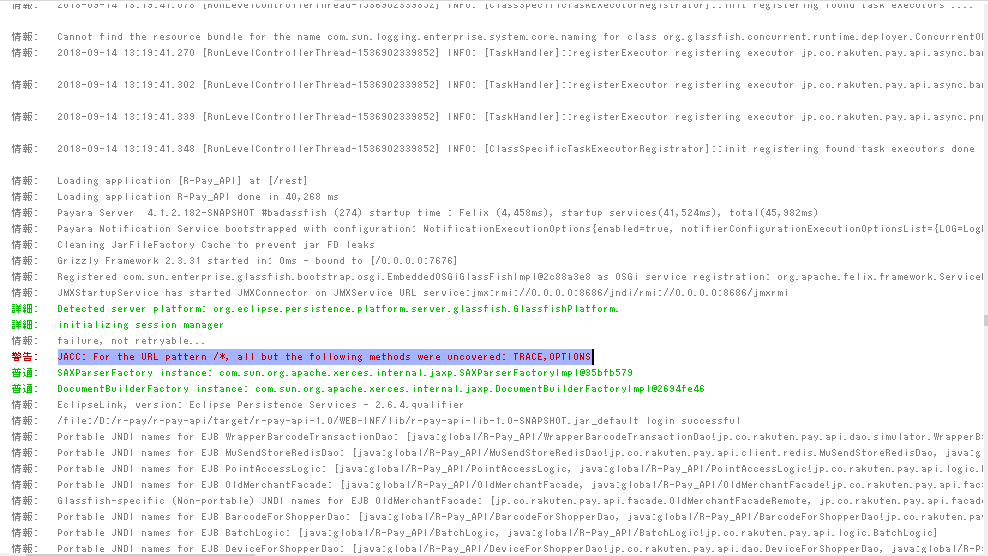In the following code I loop through a map and test if an element needs to be erased. Is it safe to erase the element and keep iterating or do I need to collect the keys in another container and do a second loop to call the erase()?
map<string, SerialdMsg::SerialFunction_t>::iterator pm_it;
for (pm_it = port_map.begin(); pm_it != port_map.end(); pm_it++)
{
if (pm_it->second == delete_this_id) {
port_map.erase(pm_it->first);
}
}
UPDATE: Of course, I then read this question which I didn\'t think would be related but answers my question.
C++11
This has been fixed in C++11 (or erase has been improved/made consistent across all container types).
The erase method now returns the next iterator.
auto pm_it = port_map.begin();
while(pm_it != port_map.end())
{
if (pm_it->second == delete_this_id)
{
pm_it = port_map.erase(pm_it);
}
else
{
++pm_it;
}
}
C++03
Erasing elements in a map does not invalidate any iterators.
(apart from iterators on the element that was deleted)
Actually inserting or deleting does not invalidate any of the iterators:
Also see this answer:
Mark Ransom Technique
But you do need to update your code:
In your code you increment pm_it after calling erase. At this point it is too late and is already invalidated.
map<string, SerialdMsg::SerialFunction_t>::iterator pm_it = port_map.begin();
while(pm_it != port_map.end())
{
if (pm_it->second == delete_this_id)
{
port_map.erase(pm_it++); // Use iterator.
// Note the post increment.
// Increments the iterator but returns the
// original value for use by erase
}
else
{
++pm_it; // Can use pre-increment in this case
// To make sure you have the efficient version
}
}
Here\'s how I do that ...
typedef map<string, string> StringsMap;
typedef StringsMap::iterator StrinsMapIterator;
StringsMap m_TheMap; // Your map, fill it up with data
bool IsTheOneToDelete(string str)
{
return true; // Add your deletion criteria logic here
}
void SelectiveDelete()
{
StringsMapIter itBegin = m_TheMap.begin();
StringsMapIter itEnd = m_TheMap.end();
StringsMapIter itTemp;
while (itBegin != itEnd)
{
if (IsTheOneToDelete(itBegin->second)) // Criteria checking here
{
itTemp = itBegin; // Keep a reference to the iter
++itBegin; // Advance in the map
m_TheMap.erase(itTemp); // Erase it !!!
}
else
++itBegin; // Just move on ...
}
}
This is how I would do it, approximately:
bool is_remove( pair<string, SerialdMsg::SerialFunction_t> val )
{
return val.second == delete_this_id;
}
map<string, SerialdMsg::SerialFunction_t>::iterator new_end =
remove_if (port_map.begin( ), port_map.end( ), is_remove );
port_map.erase (new_end, port_map.end( ) );
There is something odd about
val.second == delete_this_id
but I just copied it from your example code.



